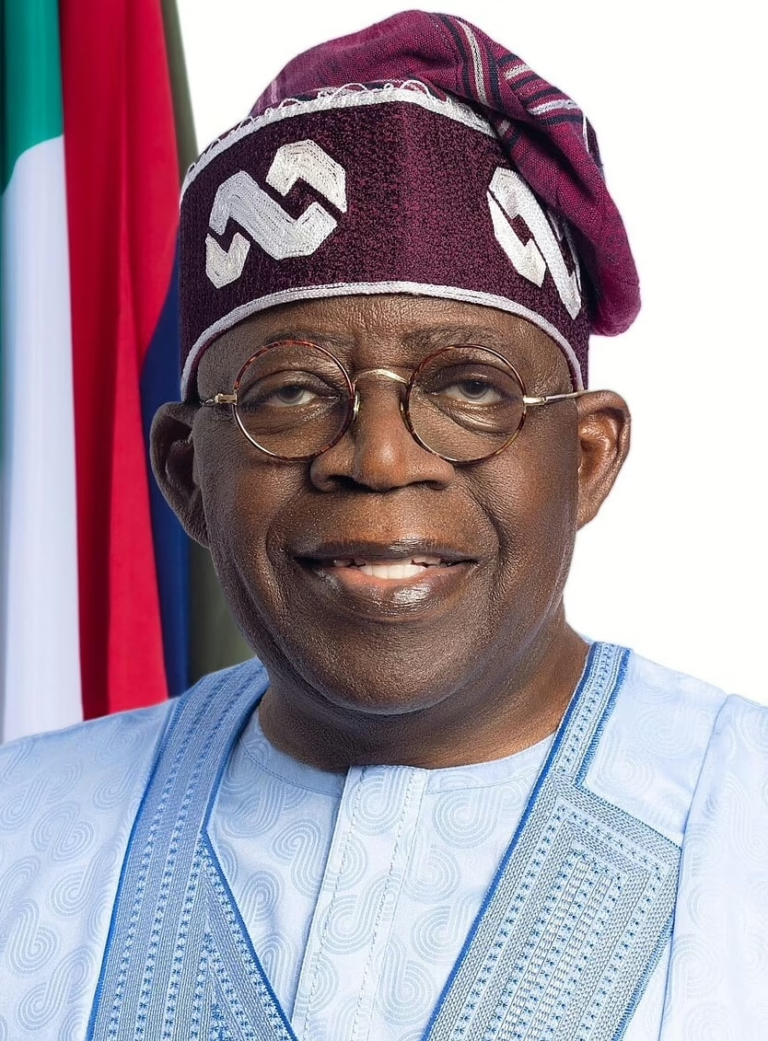President Bola Ahmed Tinubu has called on Nigeria’s extractive industries to embrace environmentally friendly and sustainable methods that align with the global shift towards cleaner energy.
Speaking at the International Conference on Petroleum, Environment, Solid Minerals and Security (ICPESMS 2025) held in Abuja, Tinubu emphasized the importance of adopting a low-carbon development path, implementing circular economy principles, and fostering responsible engagement with local communities.
Through the representation of Mahmud Adam Kambari, the permanent secretary of the Ministry of Environment, the president underscored the necessity for the extractive sector to transform its entire lifecycle-from initial exploration through to decommissioning-by curbing gas flaring, ensuring proper waste management, and rehabilitating damaged ecosystems.
“It is imperative that communities impacted by resource extraction receive equitable compensation, protection of biodiversity, and sincere efforts toward environmental restoration,” he stated.
“Such initiatives are essential to cultivating resilience, building trust, and securing sustainable prosperity,” Tinubu added.
He further highlighted the collective responsibility required, urging development partners, private enterprises, civil society organizations, academic institutions, media outlets, and citizens to collaborate with the government in advancing the greening of the sector.
“By working hand in hand, we can convert Nigeria’s rich natural assets into a foundation for peace, stability, and inclusive economic growth,” he concluded.
Senator George Akume, the secretary to the government of the federation, echoed the president’s sentiments, describing the extractive sector as a key engine for economic transformation.
Represented by Engineer Nadungu Gagare, Akume cautioned that realizing this potential depends on inclusive governance, transparency, and robust cooperation among government agencies, the private sector, and civil society.
“A secure and well-managed extractive industry is vital for peacebuilding and national unity,” he remarked, warning against the dangers of unsustainable resource exploitation, environmental harm, and community unrest.
In his opening address, Robert Adah, chairman of the Petroleum, Environment and Solid Mineral Degradation Awareness Association (PESMDAA), highlighted the widespread hardships faced by communities across Nigeria due to poorly managed extraction activities.
“From Sokoto to Lagos, and Maiduguri to Port Harcourt, the message is consistent,” Adah noted. “Every resource blessing carries a burden, and for us, that burden has been environmental degradation and economic mismanagement.”
He affirmed PESMDAA’s dedication to assisting states in boosting internally generated revenue while ensuring that federal benefits from resource extraction do not come at the expense of local communities.
Delivering a goodwill message, Dr. Aishetu Ndayako, permanent secretary of the Ecological Project Office (EPO), reiterated her office’s commitment to combating erosion, managing floods, and restoring the environment.
Represented by Eluma Garba, director of Solid Erosion and Flood Control, she emphasized the importance of partnerships with civil society groups like PESMDAA to promote the sustainable use of natural resources.
“Through united efforts, we can protect our environment and enhance community resilience, aligning with international best practices and Nigeria’s development objectives,” she affirmed.



















